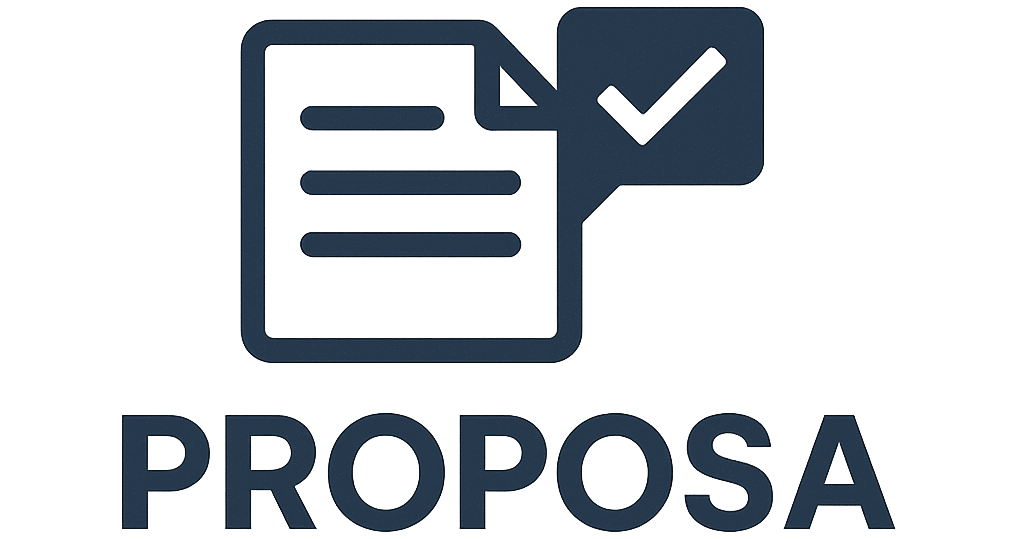Every Firm Needs A Sales Process – 3 Things To Know Before You Create One
When companies are preparing to scale their businesses, they often begin looking for a VP of sales to install a sales process including procedures to track the sales pipeline, getting the sales organization to perform proper deal qualification, and developing consistency in follow-up to nurture prospects through the funnel. While these fundamentals are critical in creating a scalable sales approach, your aggressiveness in pursuing these steps depends on where you are in the maturity of your business.
What most people fail to realize is that when you sell to sophisticated buyers, you can’t effectively sell what you do not understand. Developing customer and product knowledge is necessary before you or anyone on your team spends significant time crafting and refining the best sales process for your organization. If you haven’t discussed or explored the concepts I outline below, you aren’t ready to create a sales process, even though you might be told you need one.
1. Ensure Product / Market Fit
Don’t hire a salesperson or create a sales process until this is done.
Anyone you hire will likely get frustrated because they might have a process to follow, but not a foundation to build upon. If your sales leaders don’t understand your product or service well, they won’t last long when attempting to represent your company or your product in front of prospects.
Take some time to ensure that your product (or service) is a good fit for the market you are going after. To understand the market, you really need to know your target audience and what their pain points are.
It’s hard to offer a solution if you don’t really understand the problem, right? Understanding your market and the problems you will help solve is a good first step on the way to making sure you are offering the right product or service.
If you aren’t yet sure if your offering is the right fit for your target market, there really isn’t much of a basis to define a scalable sales approach.
2. Know Your Value
Defining your value proposition is critical.
Very few people, if any, want to be sold to. You should really lead with and continually discuss the value that you bring. However, you can only do this if you really understand and can clearly articulate your value proposition.
There are tons of definitions of a value proposition, but at its core, it is how you define what you offer to your clients in terms of benefits to them. So this isn’t really about you, it’s about your client. Your value proposition is also a beneficial guide to use internally as a reminder of the “why” to your sales and marketing activities.
One key thing here – Do not try to do everything or solve every problem that you know your target market deals with.
Keep it simple and solve one problem, build confidence and trust in your organization with prospects and clients, and then develop your product or services to add more value as you develop a deeper understanding of how to solve their problems.
3. Develop Helpful Customer-Focused Content
You may not initially think that content has anything to do with selling or with a sales process. However, generating good content that educates and informs prospects regarding their business and the problems they are trying to solve will drive more visitors to your website, resulting in comments and feedback about the content, and eventually will produce inbound leads for your business.
To generate inbound leads you want to write content so that you can be found by your prospects rather than trying to reach your prospects through your outreach alone. When potential target customers reach out to with their problems, it can help you understand the market better (ensure product/market fit) as well as refine your value proposition. You will be able to shape the content more precisely from conversations you have with prospects as you try to address their pain points. This will also help you better understand the buying process more completely so that you can align your activities with their discovery process. This will enable you to provide the right information at the right time in their journey and will provide the essential data you need to develop your sales process.

